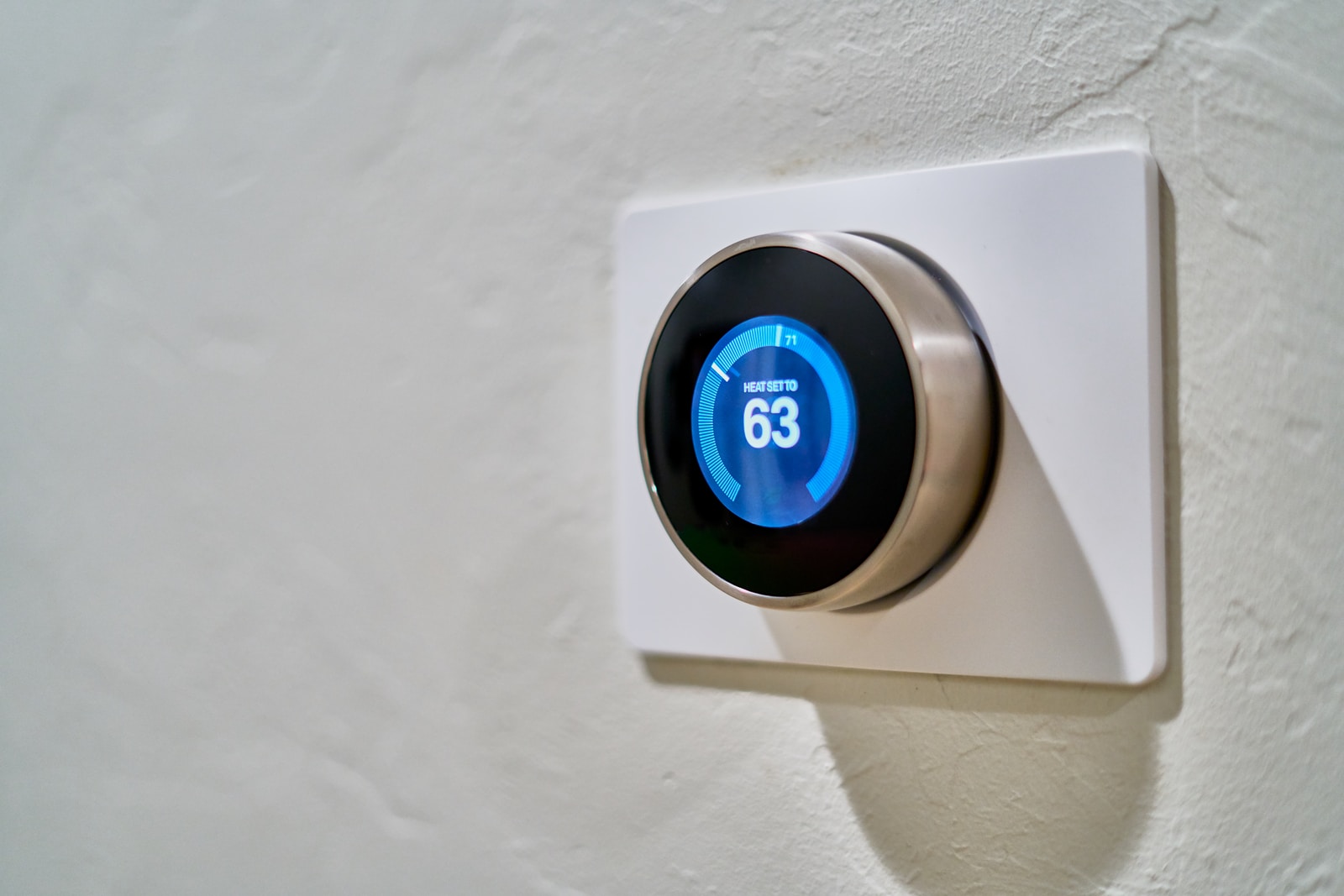Over half of the average household energy spending goes towards heating and cooling and the energy towards that process is responsible for twice as many greenhouse gas emissions as the average car! The good news, now that you’ve identified and eliminated sources of energy loss, is that there are a number of new technologies that can reduce your dependence on fossil fuels by making heating and cooling systems more efficient.
Heat Pumps ›
Unlike traditional furnaces that generate hot air, heat pumps move it. They function to both heat and cool a home. There are different types of heat pumps including air-to-air, geothermal (air to ground) and water. They collect heat from the air, water, or ground outside your home and concentrate it for use inside. Connecticut’s climate is suitable for heat pumps. And if you have a room or area that lacks ducts, a mini-split heat pump is ideal and also energy efficient. Mini-split systems avoid the energy losses associated with the ductwork of central forced air systems.
People’s Action for Clean Energy (PACE), a non-profit organization committed to promoting the adoption of clean heating and cooling technologies in Connecticut, has created a HeatSmart campaign providing education and resources on Air Source Heat Pumps.
STAY INFORMED
In Connecticut, instant and mail in-in rebates are available for certain heating and cooling equipment.
Geothermal Heat Pumps ›
Geothermal systems utilize naturally occurring temperatures within the Earth. Similar to a cave, the Earth’s subsurface temperature remains between 50-60 degrees throughout the year. A geothermal system consists of a pump and a closed loop of pipes containing an antifreeze/water mixture buried underground before entering your home. The pump transfers heat from the Earth into your home in the cold months and transfers the heat from your home to the earth in the hot months.
Interested in geothermal for your home? Rebates are available for qualifying systems by the Connecticut Energy Efficiency Fund. Visit the Ground Source Heat Pump Page at Energize CT to learn more.
Additionally, federal tax credits are available for geothermal heat pumps.
Tankless Water Heaters ›
By heating water only when it’s needed, tankless water headers provide hot water efficiently. They heat 2-5 gallons of water per minute as needed, saving money on energy costs by not heating and reheating the same tank of water.
Depending on the size of your household and your water usage, multiple systems may be required, but substantial savings on your utility bill are possible.
Solar Water Heaters ›
Why pay for gas or electricity to heat your water when you use the sun’s energy directly? Solar water heating systems use a solar collector installed on a roof or other spot with sunny exposure to generate heat. This heat is passed to a “transfer fluid” – typically antifreeze – in small pipes in the collector, that then moves into the house and through a heat exchanger to warm water in a storage tank.
Because every day isn’t sunny, a tankless water heater or other back-up water heater is recommended.
Federal tax credits are available for solar water heaters.
TIP
Annual maintenance of your heating and cooling systems can keep them running efficiently. Change your air filter regularly. A clean filter will prevent dust and dirt from building up in the system and causing system failure or inefficiency.
